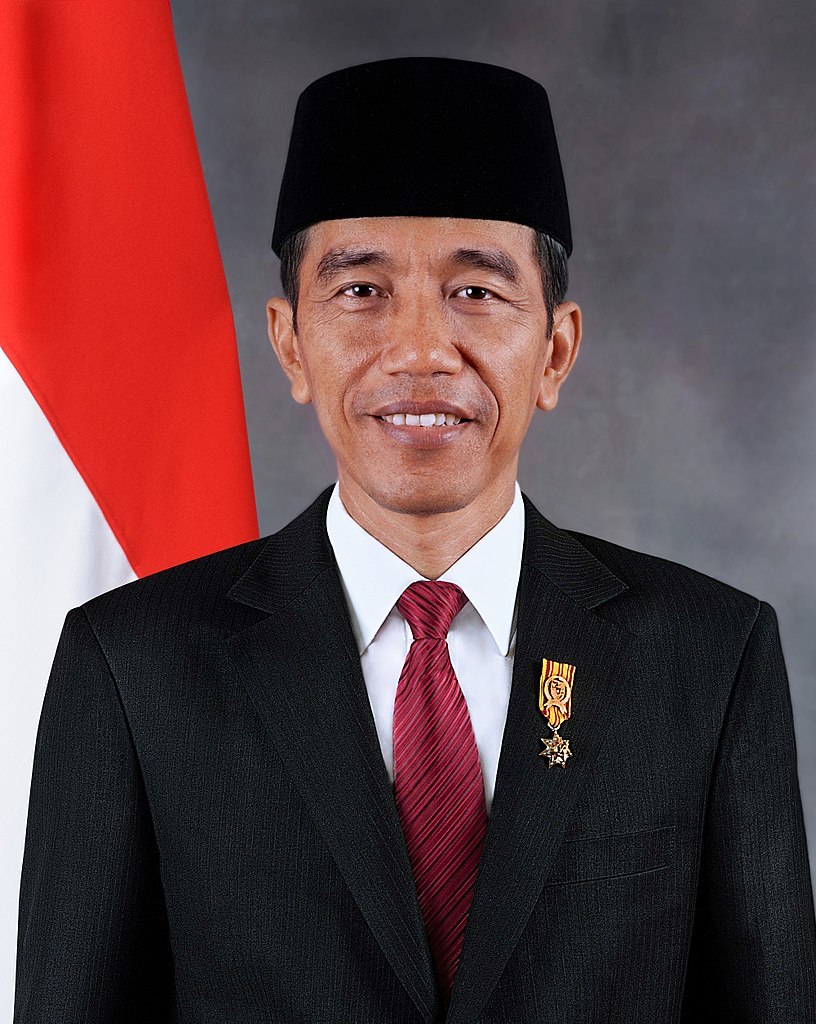Surabaya 2018: Islamist Militancy and Indonesia's Problematic Prisons

In May 2018, three family units, including young children, perpetrated multiple suicide bombing attacks in the port city of Surabaya, on the Indonesian island of Java. One of the families targeted three churches, while another attacked a police station, and a third detonated an explosive device in an apartment complex, killing the parents and injuring their two children. In total, the attacks resulted in 15 civilian deaths and a further 57 injuries.
Initially, speculations emerged that the families had returned from Syria, having previously left Indonesia to join Islamic State (IS). However, subsequent police investigations have revealed that, in fact, none of the perpetrators had ever left Indonesia. Rather, they had established links to Jemaah Anshurat Daulah (JAD), a local IS affiliated-group reportedly led by Aman Abdurrahman. Abdurrahman is an Islamic cleric currently serving a 15-year prison sentence, and facing the death sentence for inciting acts of terrorism. Despite being imprisoned, Abdurrahman remains JAD’s spiritual leader.
However, it appears that Abdurrahman played no operational role in the May 2018 attacks, which were plotted and perpetrated by the families themselves. While militant attacks in Indonesia have historically been coordinated directly by Islamist leadership, more recent attacks have been perpetrated by decentralised cells inspired by groups such as IS and JAD. The May 2018 attacks are consistent with this trend. Abdurrahman’s writings on Islamic jurisprudence, which seek to justify attacks against Muslims and non-Muslims alike, appear to have played a prominent role in radicalising the perpetrators of these attacks. The families involved were part of an Islamic study group which met on a weekly basis to discuss Abdurrahman’s writings and watch his lectures. Over time, these groups reportedly transformed into close-knit, radicalised and exclusionary networks, with parents, for example, preventing their children from interacting with people outside the group. Thus, from beyond his prison cell, Abdurrahman’s writings inspired the evolution of a new kind of militant “cell” in the form of a family unit.
The phenomenon appears to vindicate long-standing concerns over Abdurrahman’s ability to inspire attacks from within the Indonesian prison system. Already, at least one Indonesian counter-terrorism practitioner has identified prisons as the “weakest link” in the county’s counter-terrorism operations. For example, reports have emerged of widespread corruption amongst prison guards who facilitate the spread of Abdurrahman’s militant propaganda to JAD-affiliated study groups countrywide. Additionally, supporters from outside the prison reportedly pay guards to smuggle in smartphones to Abdurrahman, which he uses to live-stream sermons.
At the same time, the widespread radicalisation of prison inmates themselves has become a significant problem. Overcrowding in the prison system contributes to this process. At most, Indonesia’s prison system can house around 124,006 inmates. However, with a prison population of over 240,000, the occupancy rate stands at approximately 193 percent. Furthermore, at least 70 percent of criminal convictions are for drug-related offenses and petty crimes. Thus, numerous non-violent petty criminals have ended up confined alongside hardened Islamist militants, resulting in an optimal environment for the radicalisation of inmates. The radical narratives espoused by Islamist groups are known to appeal to criminals, as these offer a path to redemption whilst simultaneously licencing continued criminal behaviour in pursuit of a “redemptive” cause. Local reports have also emerged showing that financial constraints and the lack of material support for prisoners are likely factors driving inmates towards Islamist groups, as these can offer food and other essentials through their external networks
While these operations have boosted public trust in the authorities’ abilities to successfully counter terrorism, ultimately, the suspects involved will be interned in an already compromised prison system, thereby offering further opportunities for networking with, and recruitment into, Islamist militant groups.
Following the May 2018 attacks, Indonesian authorities approved new counter-terrorism legislation which allows security personnel to detain suspects for 21 days without charge, and for an additional 200 days after charges are filed. In June 2018, Indonesian police arrested 110 suspected militants under the new legislation, during security operations in East and Central Java. A further 14 suspects were killed after resisting arrest. While these operations have boosted public trust in the authorities’ abilities to successfully counter terrorism, ultimately, the suspects involved will be interned in an already compromised prison system, thereby offering further opportunities for networking with, and recruitment into, Islamist militant groups. In recognition of these long-standing concerns, the government announced a plan in 2016 to build a specialised prison for high-risk terrorism suspects in Nusakambangan Island, Central Java Province. However, the project remains about 40 percent complete due to budgetary constraints and will, at most, be capable of housing only 502 inmates. Thus, for the foreseeable future, it is highly likely that Islamist militancy will continue to flourish within Indonesia’s problematic prison system, thereby undermining the authorities’ ability to counter the spread of Islamist militant propaganda emanating from within these institutions, which, in turn, are likely to inspire future violent attacks in the country.